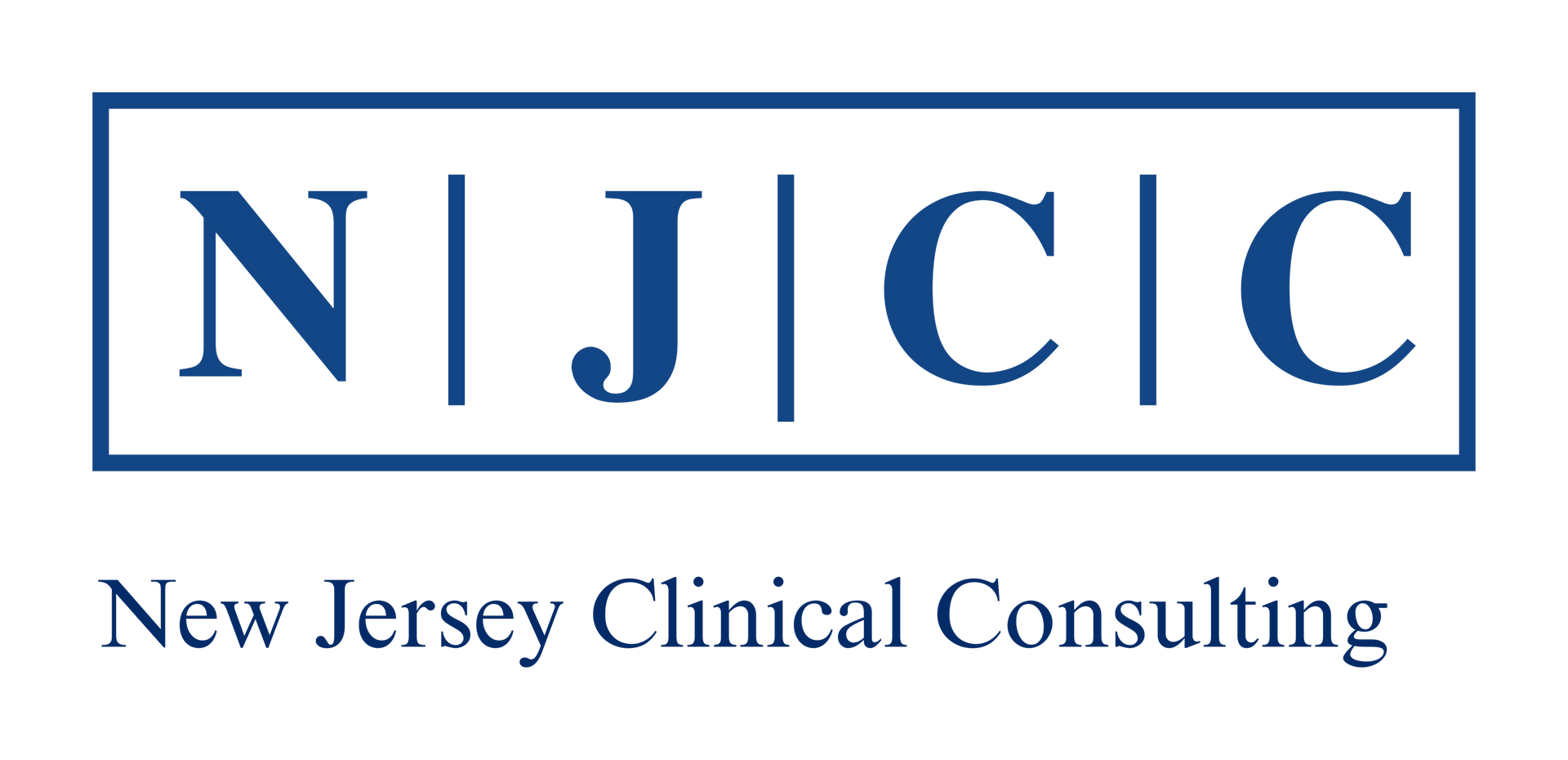Whether they're doctors, nurses, therapists, or community health workers, healthcare professionals are the linchpins in our society.
They help heal our bodies, ease our minds, and nurture our communities. As we recognize Mental Health Awareness Month, it's crucial to consider the mental well-being of our dedicated healthcare professionals.
According to a recent study by the American Medical Association, nearly 40% of healthcare professionals display signs of depression and burnout. This staggering statistic emphasizes the need for our healthcare workers to seek therapy and prioritize self-care. Their mental health is not just about their well-being; it's also about the health of the patients they serve.
The Hidden Struggles of Healthcare Professionals
Healthcare professionals are not immune to mental health issues. In fact, they are often at higher risk due to the emotional and physical demands of their jobs. As the renowned neurosurgeon Dr. Sanjay Gupta aptly stated, "We doctors are a different kind of patient. We're often the worst kind, the most non-compliant." This quote encapsulates the unfortunate truth about many healthcare professionals – their commitment to their patients often comes at the expense of their own well-being.
The Importance of Therapy
Therapy isn't just for patients; it's a valuable tool for everyone, including healthcare professionals. Therapy can provide a confidential, safe space for healthcare providers to express their feelings, navigate stress, and develop coping strategies.
Dr. Nadine Burke Harris, a respected pediatrician and California's Surgeon General, emphasizes this point, saying,
"As healthcare professionals, we must understand that seeking help is not a sign of weakness, but rather a strength. It demonstrates a commitment to our own health and the health of our patients."
Practical Self-Care Guidance
Self-care should be an integral part of every healthcare professional's life. It's not just about avoiding burnout; it's about promoting positive mental health and overall wellness. Here are a few practical self-care tips:
- Set Boundaries: Understand that it's okay to say no, delegate tasks, and prioritize your own health and happiness.
- Stay Physically Active: Regular exercise releases endorphins that help combat stress, improve mood, and promote overall well-being.
- Nurture Relationships: Connect with loved ones and foster a supportive network. Social connections can significantly enhance mental health.
- Practice Mindfulness: Techniques like meditation and yoga can help reduce anxiety, improve focus, and promote a sense of calm.
- Prioritize Sleep: Adequate sleep is vital for mental health. Lack of sleep can exacerbate stress and negatively impact mood and cognitive function.
A Call to Action
As Dr. Atul Gawande, a respected surgeon and writer, once said, "The cost of our silence is too high." We must break the silence surrounding mental health among healthcare professionals. It's time to recognize that they, too, need care and support to continue their valuable work.
Mental Health Awareness Month serves as a reminder of the importance of mental health for everyone, including our healthcare professionals. Let's make a commitment to prioritize their mental health, promote self-care, and normalize therapy in the healthcare community.
After all, a healthier caregiver makes for a healthier patient and, ultimately, a healthier world.
Photos by Canva Pro






